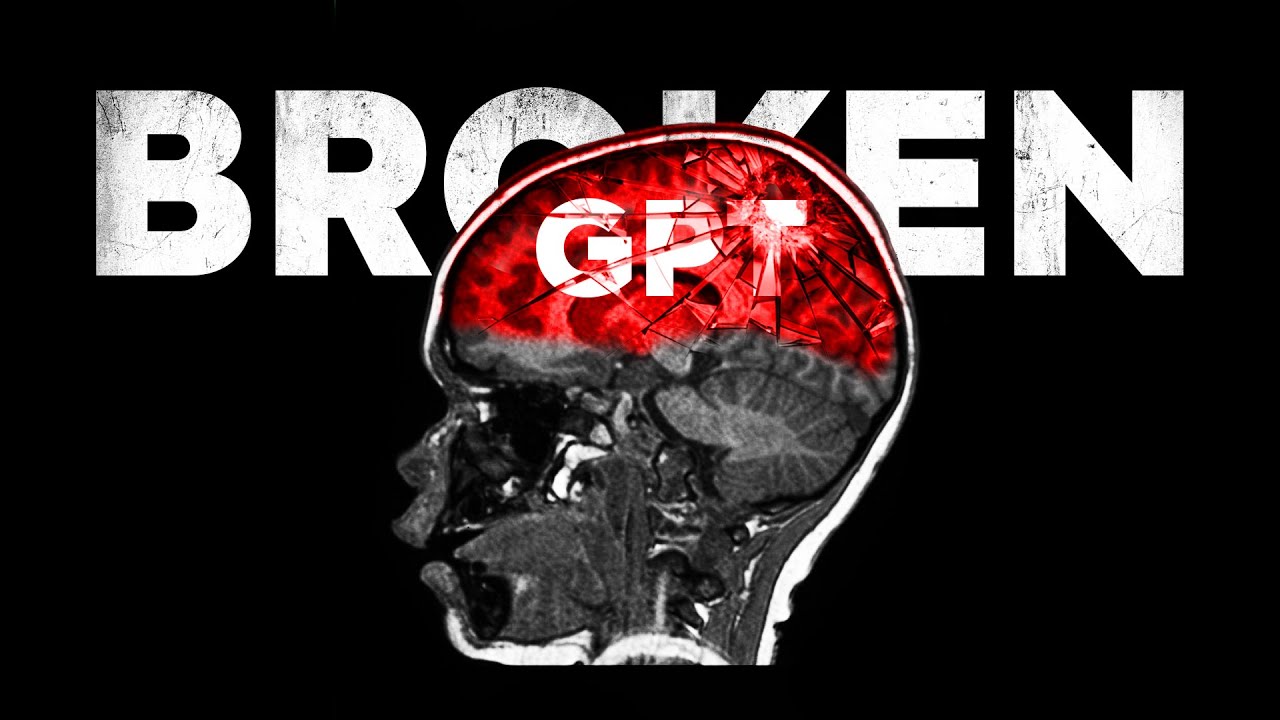The video highlights an MIT study showing that reliance on large language models like ChatGPT diminishes students’ brain connectivity, creativity, and critical thinking, leading to more homogeneous and less original work. It warns that widespread, unregulated AI use—especially among young people—risks fostering intellectual laziness and cognitive decline, urging caution and restrictions in educational settings to preserve independent thought.
The video discusses a recent MIT pre-print research paper that investigates the cognitive effects of using large language models (LLMs) like ChatGPT on students. The study involved 54 students divided into three groups: one using LLM assistance for essay writing, another using search engines, and a third relying solely on their own creativity. EEG scans revealed that the brain-only group exhibited significantly stronger semantic processing networks and more robust neural connectivity compared to the LLM-assisted group. Additionally, essays from the LLM group were notably more homogeneous, lacking originality and depth, and these students showed diminished recall and creativity over time.
The presenter argues that despite MIT’s cautious language avoiding terms like “stupid” or “brain rot,” the reality is that overreliance on AI tools is making people intellectually lazy and less capable of critical thinking. He highlights the widespread use of AI on social media platforms, where many users ask AI to interpret complex topics instead of engaging in personal research or forming independent opinions. This trend, he claims, leads to a decline in intellectual rigor and personal cognitive effort, effectively making users “idiots” by surrendering their thinking to AI.
The video also touches on the broader societal implications, including the rapid increase in AI use among teenagers for schoolwork, which has doubled recently according to Pew Research. Educators and experts have raised concerns about students becoming illiterate in both traditional and cultural senses due to AI-assisted cheating and diminished learning. The presenter warns that this trend threatens the development of critical skills and knowledge in younger generations, potentially leading to a widespread decline in intellectual capacity.
Compounding the issue is a controversial piece of U.S. legislation that seeks to limit state-level regulation of AI technologies for a decade, effectively deregulating the industry at the federal level. The presenter expresses concern that this lack of oversight, combined with the negative cognitive impacts demonstrated by the MIT study, could exacerbate the problem. He fears that AI tools might be introduced too early in education, such as in kindergarten, which the lead MIT researcher also warned against, citing the high risk to developing brains.
In conclusion, the video calls for greater awareness and caution regarding the use of large language models, especially among young people. The presenter advocates for restricting AI use in early education to prevent cognitive decline and preserve critical thinking skills. While acknowledging the potential benefits of AI in certain higher education or professional contexts, he stresses that the current trajectory risks creating a generation less capable of independent thought. The video ends with a strong warning that without careful regulation and conscious limitation, AI could do more harm than good to human intelligence.
